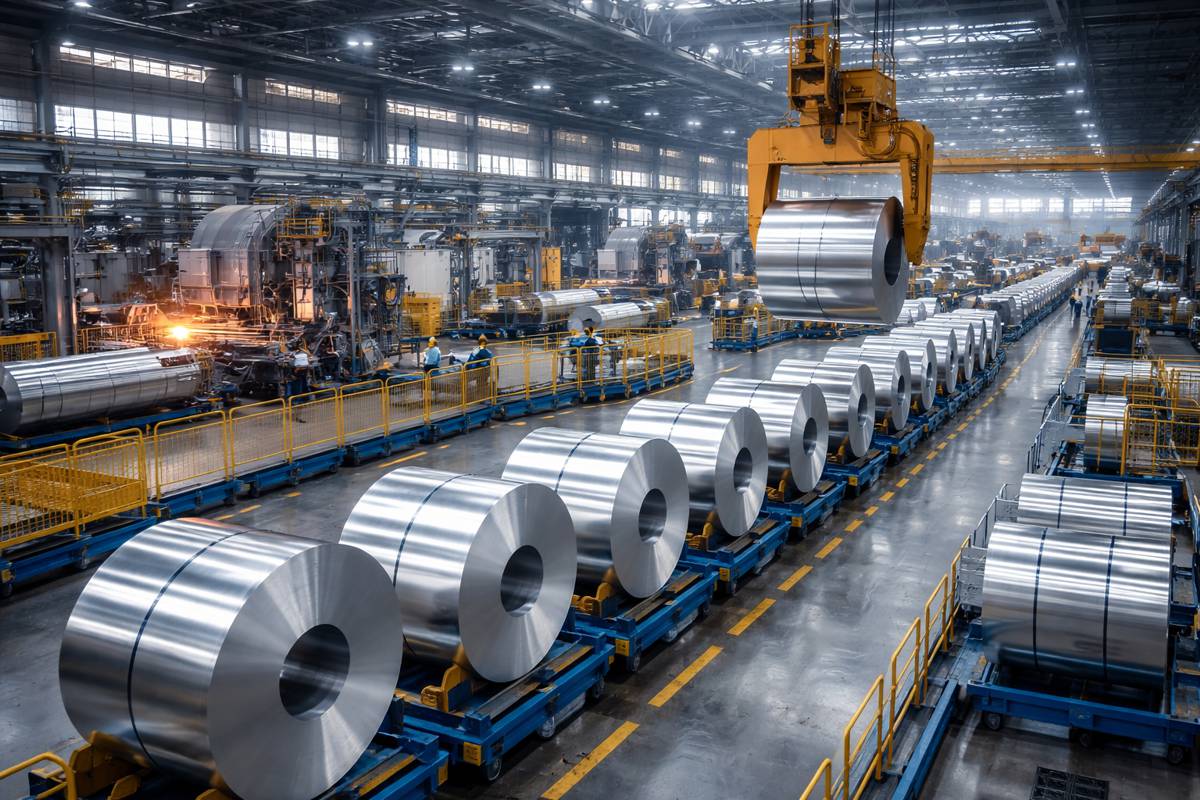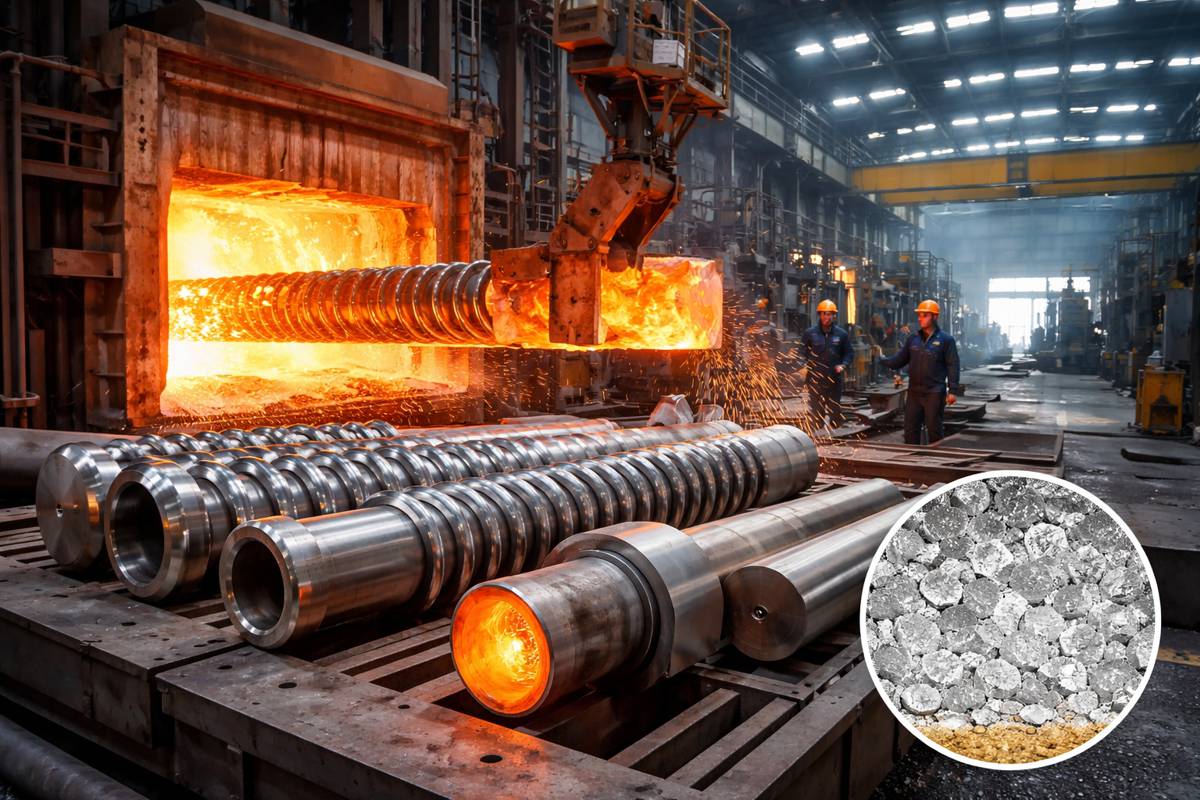TankCare Fuel Certification Scheme looking to protect distributors
Leading fuel experts OTS TankCare have created an independent fuel certification scheme for fuel distributors that has been authorised by the FPS (Federation of Petroleum Suppliers).
The unique TankCare FQC (Fuel Quality & Certification) Scheme is designed to mitigate against one of the biggest risks facing fuel distributors today – the alleged delivery of dirty fuel, more likely to be caused by a customer’s dirty storage tank. A distributor certificated under the new Scheme would be able to prove to a court of law that their fuel was clean when it left their depot, whereas it is unlikely that a customer making a claim of dirty fuel being delivered, could prove their storage tank was clean and fit for purpose at the time of delivery.
The TankCare FQC Scheme will raise the quality of fuel standards across the industry by regularly measuring stocks for contaminants to accurately predict if fuel is likely to deteriorate in quality, before providing accreditation and assurance of quality levels.
The Scheme will work by testing oil and diesel storage tanks at six weeks, and then at six months for particulate, water content and biological contaminants. These testing procedures are the fastest, most accurate and least expensive method for monitoring and controlling microbial activity.
The tests detect as little as one living cell per millilitre, allowing TankCare to track and predict potential contamination risk in the fuel and certify it as safe when optimum bio-levels are reached. Fuel is certified at six months if it passes the strict tests, then these tests are repeated every six months to ensure quality is maintained and allowing time for measures to be taken if fuel quality starts to drop.
About 50% of all fuel now sold in the UK is imported. Some of these fuels have additives put into them to bring them within the required standards for sale in the UK. The problem is that there is no requirement for the companies producing these fuels abroad to declare what additives have been used, and most are not tested by an independent Test House to prove their long-term effect on engines or emissions. Mixing different additives can also result in reactions which can lead to filter blocking or even cause engine breakdowns.
Fuel quality is paramount. It has been proven by a number of extensive trials that clean fuel reduces filter blocking risks, tailpipe emissions and fuel usage, so it is high on the Government’s legislative agenda.

Steve Gain, Managing Director at OTS TankCare, comments: “Our aim has been to achieve a quality seal of approval for storage tank hygiene and fuel quality at distribution depots, and raise fuel quality awareness across the industry. This will protect everyone in the fuel supply chain and improve the quality of fuel across the board. It also makes good business sense for distribution companies to be able to prove, through participation in the FQC Scheme, that they are a clean fuel supplier as it is a marketing advantage over any competitors not certified.”
The Government’s focus on the environmental impact of fossil fuel will lead to further changes in fuel composition. It is well known that FAME (Fatty Acid Methyl Ester) is hygroscopic, and therefore adsorbs water into suspension in fuel, enhancing the risk of bacterial growth. At present Gas Oil and Derv have up to 7% FAME but the Government is looking to increase this to 10% or above which will inevitably increase the risks of bacterial growth.
Steve Gain adds: “Fuel quality is an issue that isn’t going away, so there is a long-term need for testing and certification to secure the standards the industry must have.”





























